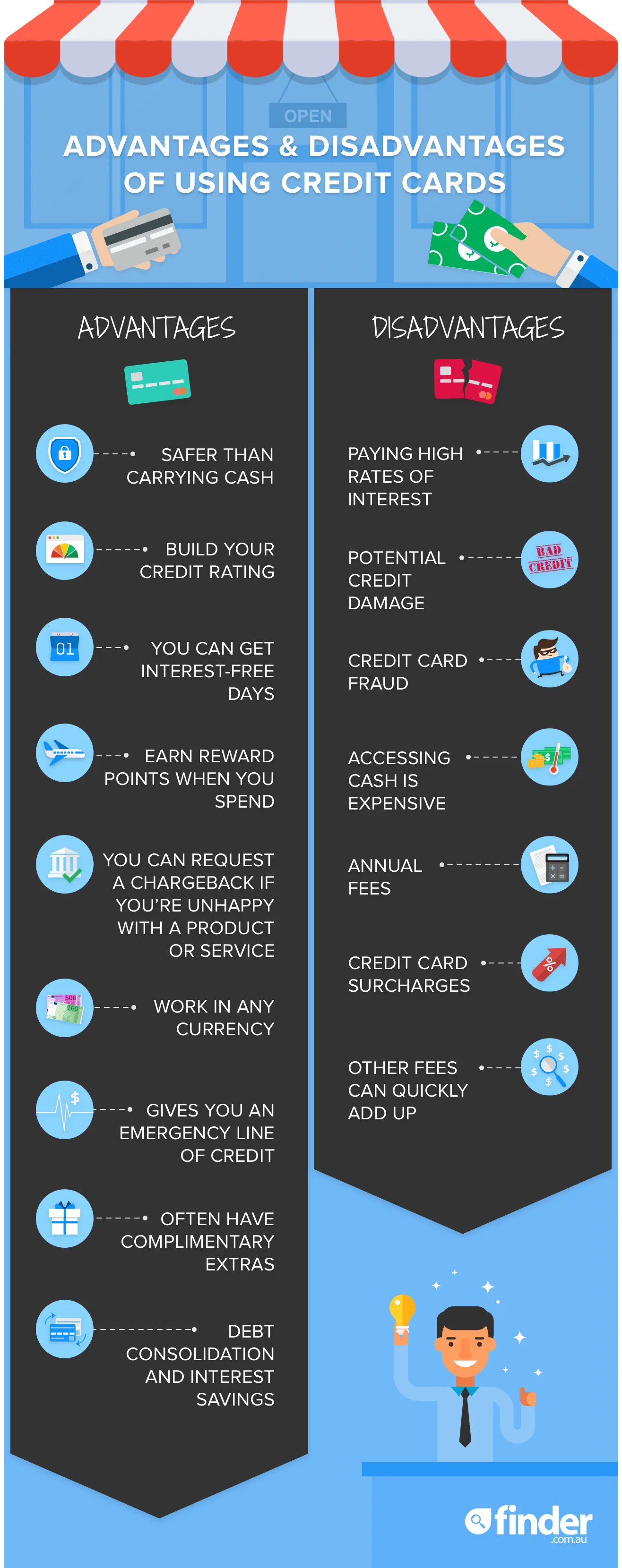Amy is an experienced journalist with over 16 years of experience, contributing to major publications like Money Magazine, The Sydney Morning Herald, and ABC News Australia. Specialising in personal finance, she frequently appeared in media outlets and on radio. Amy holds a Bachelor of Arts in Journalism and Drama from Griffith University and earned RG146 certifications in Tier 1 Generic Knowledge and Tier 2 General Advice Deposit Products, ensuring her expertise is grounded in current financial regulations. Amy was Finder's Senior Writer for Credit Cards from 2016 to 2024.
See full bio
Amy's expertise
Amy
has written
494
Finder guides across topics including:
- Credit cards
- Frequent flyer
- Credit score
- BNPL
- Money management
- Sustainability


